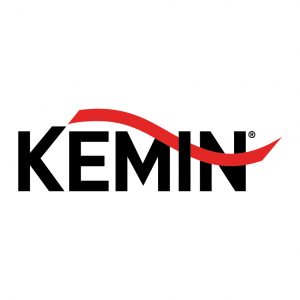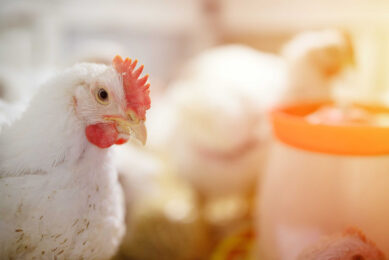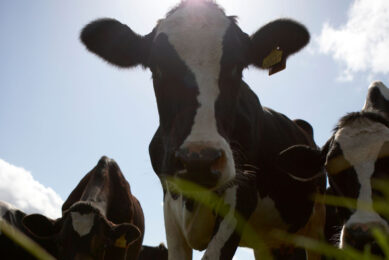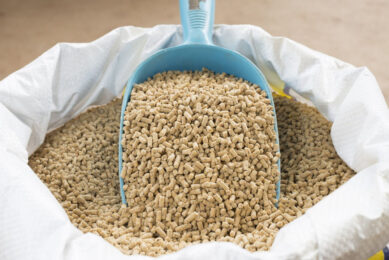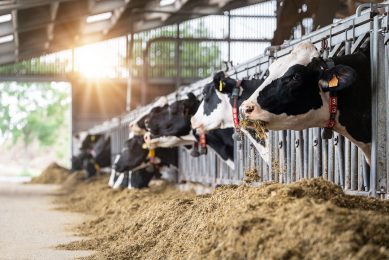Taking the heat off the gut
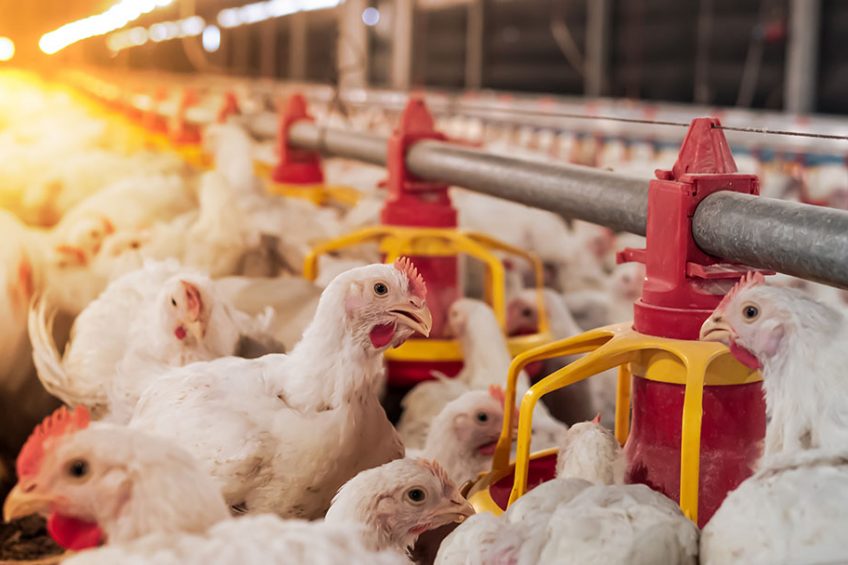
Heat stress can cause intestinal injury, impair gut integrity and modify the composition of the gut microbiota. As a result, birds become more susceptible to enteritis and pathogen colonisation. 2 intestinal health solutions are available from Kemin that can alleviate the adverse effects of heat stress on the gut.
Heat stress in birds
Ambient temperatures that exceed the thermoneutral zone of birds can lead to heat stress (HS). The vulnerability of domestic birds to HS can be explained by their lack of sweat glands, high body temperature, rapid metabolism, and by their feather covering that hinders the proper dissipation of heat. The repercussions of HS on the physiology of birds are numerous; these include an increased secretion of neuroendocrine hormones such as corticosterone or cortisol, induced immunosupression, as well as compromised intestinal and antioxidant functions.
These changes resulting from HS clearly affect the health and productivity of avian species across different physiological stages. On one hand, immune dysregulation increases the susceptibility of flocks to disease (to counteract this, strategies that support effective immunity approaches are required). On the other, reduced feed intake and growth are a common consequence of HS, leading to decreased protein deposition that compromises meat and egg production and profitability. Nor are reproductive performance parameters spared by the negative impacts of HS.
Heat stress affects intestinal health
At the same time, it must be noted that the gastro-intestinal tract (GIT) reacts to stress. There is a growing awareness that HS damages the intestinal mucosa, due to local intestinal inflammatory responses that play a major role in the etiology of HS-impaired health.
Intestinal lesions caused by HS can compromise gut integrity and are associated with changes to the gut microbiota. Poultry professionals know the immediate consequences of such changes, notably on nutrient absorption and digestion. But beyond these direct impacts, it is worth considering that they also lead to disease, because of an easier translocation of bacteria and toxins across the gut barrier. As such, HS may result in diverse degrees of enteritis, favour the colonisation of the birds by pathogens and potentially zoonotic agents (e.g. salmonella) or be a predisposing factor for necrotic enteritis.
Looking after intestinal health during heat stress
2 broiler studies were carried out at the University of Jordan to evaluate different strategies aiming at strengthening the intestinal health of birds through periods of HS.
The first study (Experiment 1) assessed the effect of Butipearl supplementation – a unique source of encapsulated butyrate using a proprietary technology for a sustained release in the upper and lower GIT – on the growth performance and intestinal morphology of Hubbard broilers reared under thermoneutral conditions (21°C; 62 % RH) or chronic HS (32 °C; 64 % RH). HS birds were kept under HS conditions from 21 to 34 days of age. After the HS challenge, HS birds were raised back into thermoneutral conditions until 42 days.
The second study (Experiment 2) evaluated the impact of supplementing the diet of broilers with Clostat (spores of Bacillus subtilis PB6, ATCC PTA-6737) during HS challenge. In this second study, Ross 308 birds were exposed to comparable thermoneutral or HS conditions from 22 to 35 days of age and supplemented or not with the probiotic.
In Experiment 1, the addition of Butipearl during HS preserved (P>0.05) growth performance and intestinal histological parameters to the same level of birds raised in thermoneutral conditions and improved intestinal weight (Table 1). Additional results (not shown) showed that Butipearl reduced villi injury in different sections of the GIT, and reduced levels of serum endotoxins as a marker of intestinal permeability during HS.
In Experiment 2, supplementation of Clostat to the diet significantly reduced (P<0.05) abdominal fat weight, improved (P<0.05) carcass weight and portion (breast meat, breast muscle, drumstick) weights both in thermoneutral and HS conditions (Table 2). More data (not shown) indicated that the effect of Clostat was associated with a reduction of Clostridium and coliform populations in the intestine during HS, and that the product supported normal growth mechanisms by higher serum levels of growth hormone and insulin-like growth factor-1.
Improve intestinal health
As can be seen from both experiments summarised in this article, HS can have adverse consequences for intestinal health and eventually lead to disease. By addressing this challenge with solutions such as Butipearl and Clostat, it is possible to strengthen intestinal health for sustained performance and profitability during HS.
References are available on request


